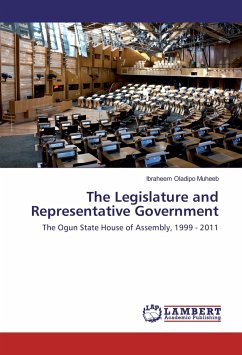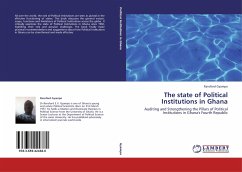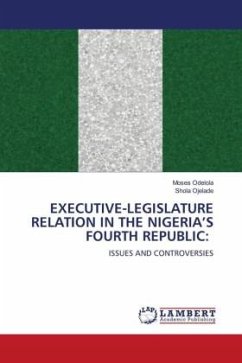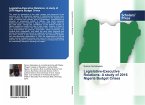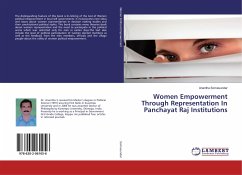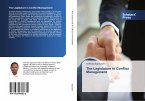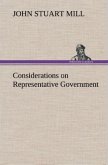Subnational legislatures have not been accorded adequate attention in Nigeria despite being crucial 'mini-laboratories for exploring how best to improve the overall productivity of national legislature'. This work examined the character and performance of a subnational legislature and the implications for representative government. The legislature was less institutionalized, weak, subservient and fragmented. Members of the transitional Fourth assembly were new. Hence, fell short of the requisite legislative disposition and structure unlike subsequent assemblies. Basic rules that could have enhanced autonomous legislative actions were established by the Fifth assembly. Confrontation with the executive which culminated in factionalisation ensued in attempts by the Sixth assembly to breathe life into its internal rules and constitutional powers. The crisis of confidence involved accusations and counter-accusations of occultic oath-taking. The legislature could not advance its organizational work process, and was ineffective in representation and oversight.The study focuses on the legislature and its environment for the benefit of researchers parliamentarians and parliamentary scholars.
Bitte wählen Sie Ihr Anliegen aus.
Rechnungen
Retourenschein anfordern
Bestellstatus
Storno

